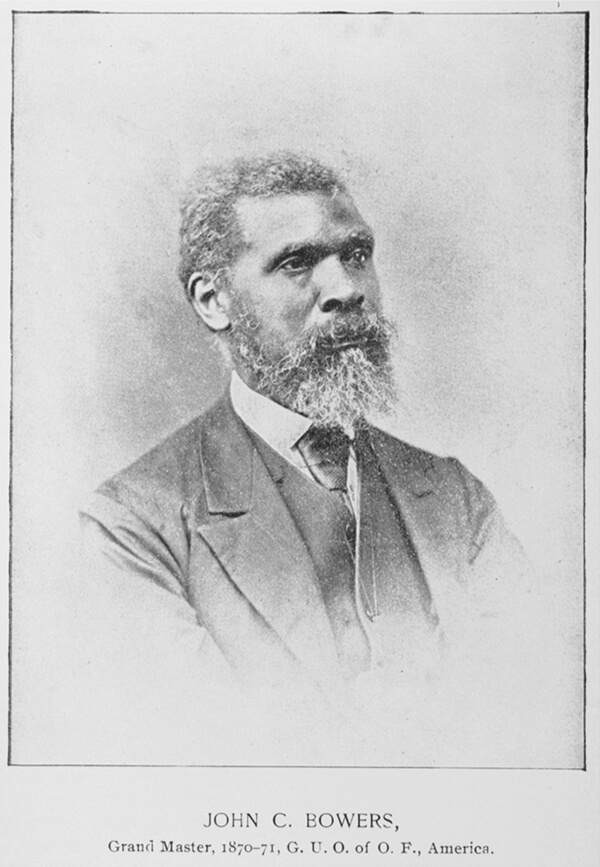The early labor movement adopted terms like wage slavery and white slavery, and scholars have concluded an identity in whiteness and victim narrative was a bar to an expansive politics based on solidarity, that this set white workers up to think of themselves as having little in common with enslaved or free people of color. You come up with a somewhat different conclusions. Can you tell us a little about your perspective?
I pay close attention to the “wage slavery” debates in the book, and I agree with the whiteness scholarship that ideas about race and slavery certainly shaped white workers’ identities in the period, and could also act as a barrier to solidarity. But although I take the ideas seriously, I also wanted to move beyond an analysis of the language of wage slavery. Not only has that topic been covered so well already, but the very ubiquity of the language of wage and white slavery in the period hints at its limitations as an explanatory factor. Ultimately, I think it comes down to who was using the term, and to what end? If figures as different as George Henry Evans, William Goodell, and John Henry Hammond were all using it, then that suggests to me that you have to scrutinize the context and intentions that shaped its use. Was the language being used to diminish the sufferings of enslaved people and the injustices of chattel slavery, or was it being used to call attention to the plight of free workers by using the most obvious metaphor for oppression that was available?
Evans, for example, stubbornly clung to white slavery metaphors throughout his career as a land and labor reform activist. But he solicits the participation of abolitionists, allies himself with Gerrit Smith and the Liberty Party, and demands that John Bowers, an African American delegate, be seated at the National Industrial Congress. He may have prioritized the abolition of what he called “land monopoly” over the abolition of slavery—neither of which he lived to see—but those moments of solidarity are significant, I think, precisely because they were so exceptional in pre-Civil War America, outside the Garrisonian abolitionists.

